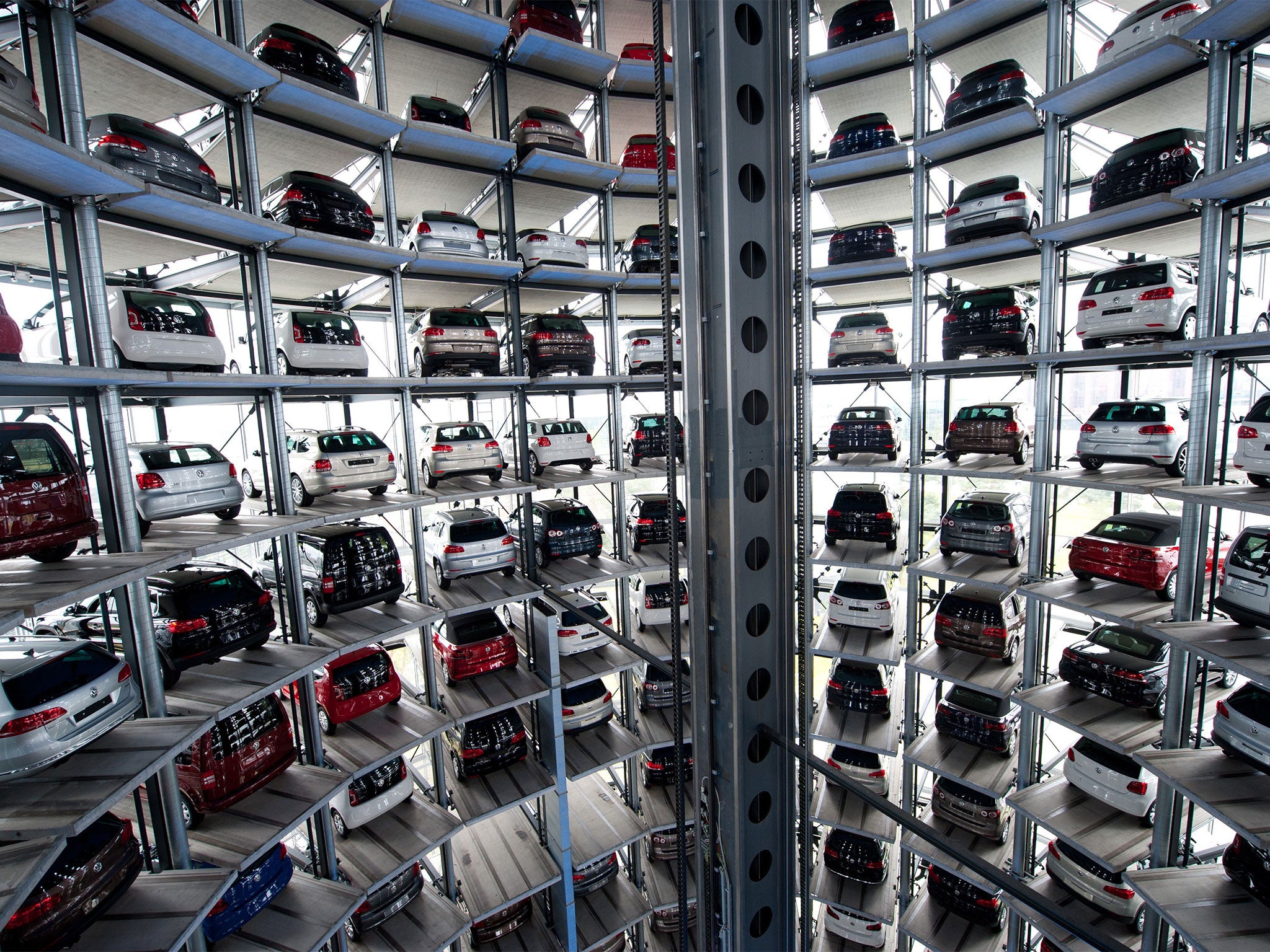We now know diesel is not as nice as it looks – and neither are the companies that have promoted it
Setting emissions targets created an opportunity for vehicle makers to 'engineer to the test'. It is the automotive version of tax loopholes and tax avoidance

Were they all at it?
It always seemed unlikely that VW group (including Seat, Skoda, and Audi) could have been the only auto company in the world that was involved in, shall we say, unorthodox procedures with regard to the emissions testing o their diesel engines. Now, although all innocent until proven guilty – though there are varying degrees of culpability already admitted to – Daimler (Mercedes-Benz), Mitsubishi (who made some models for Nissan) and Peugeot Citroen have been dragged into this sooty quagmire. Others may well follow. What is most disturbing is that petrol as well as diesel engines are said to be subject to these sorts of doubts, though the emphasis still seems to be on diesel powered vehicles.
In the first place, it is an example of simple cooperate immorality, not to say stupidity. Weak by comparison with these mighty companies as media organisations and mere governments may be, it was always likely that someone, somewhere, would notice a difference between official figures on the emission of noxious fumes from diesel engines and the real world experience. So it has proved, and whatever profits had been made by the car companies in the interim – before they were, so to speak, ‘found out’ – will be badly outweighed by reputational damage and lost future sales. Indeed, there is a much bigger casualty in all of this: the great diesel revolution, which once promised all things to all motorists, is now seen as – as best – a false down.
The truth about diesel is that is has always been an inherently ‘dirty’, sootier sort of fuel than petrol, but it gave dramatically better fuel economy to drivers. With the right sort of turbo technology bolted onto the diesel power plant, it could also hold its own as a surprisingly effective performance machine. The holy grail – high performance, low consumption and modest emissions – seemed to have been discovered by some of the major car firms that had put so much effort into making the technology work. On the whole, these were European rather than American, Japanese or Korean firms, diesel having traditionally found a more ready market in passenger cars on continental Europe. But few companies seem to have resisted the temptation.
In many ways, though, the car makers were trying to make diesel power plants behave like their unfashionable petrol equivalents; they needed more and more investment, and ever more sophisticated technology, applied to them to make them behave like naturally quieter and cleaner petrol units. The official figures, for a considerable time, appeared to bear witness to this technological breakthrough. Now we know that, though advances were certainly made, diesel is not as nice as it looks – are the companies that have promoted it.
There is a degree of blame to be placed with the various agencies charged with testing cars for their emissions (and safety for that matter too, one may suspect). As soon as an agency defines a series of targets or parameters, an opportunity is created for the makers to “engineer to the test” – to simply optimise their cars’ performance so that it exceeds some arbitrary test set down in legalisation, but which doesn’t, in fact, reflect real world conditions. It is the automotive version of tax loopholes and tax avoidance.
So it is with the fuel efficient test on Europe and America, where, it has long been rumoured, the car makers simply ensure that their rest vehicles are optimised to meet these tests in ways that their showroom equivalents could never achieve on the highway in normal use. There is also the same suspicion about the various passenger and pedestrian tests applied to new models.
It is nothing new, or especially surprising, in a way, but one might have expected car companies – whose brands mean so much to them – to be a little less cynical in the behaviour. Maybe the agencies should have had a more common sense approach to testing. Still, as with trends in marketing and styling, car companies tend to be herd beasts. In that case, they will all be in for a little bit of slaughter.
Join our commenting forum
Join thought-provoking conversations, follow other Independent readers and see their replies
Comments
Bookmark popover
Removed from bookmarks